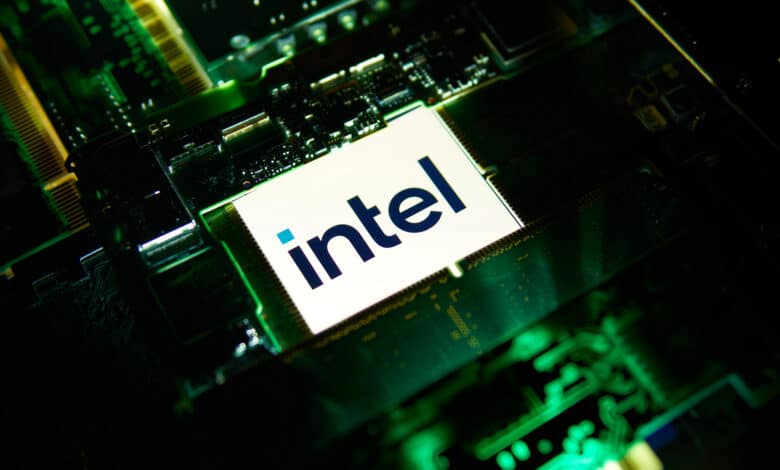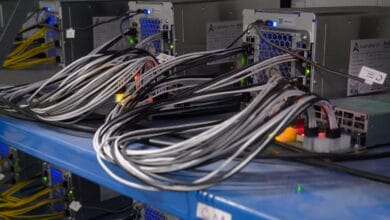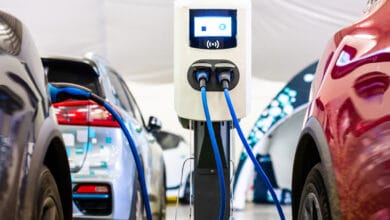
Supply chain problems in general and the semiconductor crisis in particular have ensured that many countries want to become less dependent on suppliers in their production of important goods. This applies not least to Germany. Now it has become known that the federal government wants to dig deep into the pockets of companies involved in microelectronics. A total of 2.7 billion euros in subsidies is to flow in. One of the most important projects to be supported is in Magdeburg.
Financial injection for more independence
Even today, more than 30 years after reunification, there are sometimes huge differences between East and West. For many years, for example, the new federal states were considered wasteland, simply unsuitable for modern industry. Only old factories such as coal-fired power plants or the oil refinery in Schwedt, which is currently in the media, provided a certain amount of economic power. This situation has changed, however, at the latest with the Gigafactory of electric car manufacturer Tesla in Grünheide near Berlin in Brandenburg. Now the east is experiencing a real boom. Just recently, for example, Intel, one of the world’s largest chip manufacturers, announced that it wants to build a Gigafactory in Magdeburg.
Since this is not only good for the economy, but also prevents future problems such as a continuing semiconductor crisis, the state also supports this. Carsten Schneider from the SPD now announced that they want to provide subsidies for the microelectronics industry. The budget for 2022 is to be just under 2.7 billion euros. This was announced by the Commissioner for Eastern Germany during his visit to Saxony-Anhalt’s state capital Magdeburg yesterday. But the subsidies approved in the budget are also to flow beyond 2022. There is talk of a total of 12 billion euros in the following years.
Tech corporations conquer the East
After Brandenburg has already fought hard for Tesla to settle with its Gigafactory, the situation is no different in Saxony-Anhalt. The state, which from experience tends to be structurally weak, has been desperately searching for suitable companies to locate in the region for years. For Intel, the industrial area around Magdeburg is considered a top location simply because of its very good infrastructure. After all, Berlin and other major German cities can be reached in a flash. The project also seems to be particularly lucrative for the local population. The construction of two semiconductor plants is also expected to create many new jobs. Whether this plan will work out, we will see from 2027 at the latest.
That’s when production in the two large factories is supposed to start. Construction of Intel’s Gigafactory, on the other hand, is to begin next year. Since Intel knows about the demand for chip production, the U.S. tech company is naturally also eager to invest. According to its own information, it wants to invest almost 17 billion euros in the project. But this is just the beginning. After a successful start, we can expect even higher sums. At the same time, Intel, for its part, also seems to be only at the beginning of a new success story. After all, Schneider also indicated during his visit that they were already talking to other investors about possible further production sites for microelectronics.
Magdeburg is becoming a European Mecca for chip technology
During his appearance, Schneider was almost enthusiastic about the positive effect that Intel’s settlement in Magdeburg will have for Germany, but also for eastern Germany in particular. And quite rightly so. After all, the formerly structurally weak region is likely to become the most important location for microelectronics in all of Europe. But Saxony-Anhalt, for its part, also has a lot to do. After all, the state has been suffering from a steady exodus of qualified specialists since reunification. Accordingly, according to Minister President Reiner Haseloff (CDU), the state will have to do a lot of advertising for Magdeburg and the surrounding area in the coming years. This is the only way to attract external workers for the IT industry, but also for completely different industries related to Intel’s Gigafactory.




No replies yet
Neue Antworten laden...
Gehört zum Inventar
Beteilige dich an der Diskussion in der Basic Tutorials Community →